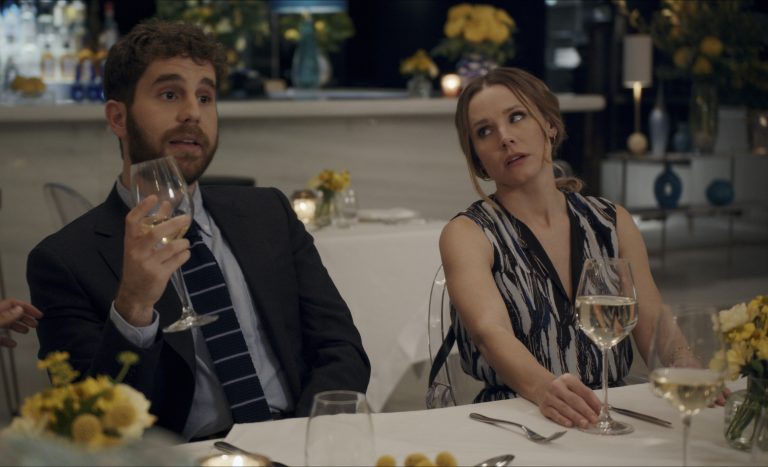While Western action films often fall into categories such as serious, genre-defining films like “Drive” (2011), or long-running franchises like “Mission: Impossible” or “John Wick,” or even more comedic and mainstream-friendly entries like “Novocaine” (2025), Tamil cinema continues to forge its own path. In recent years, Tamil action films have aimed to be more grounded and emotionally driven with vulnerable protagonists. These films often attempt to combine character depth with stylized actions and layered storylines, which, while admirable, can feel overwhelming when squeezed into runtimes under 130 minutes.
“Retro” (2025) centres on Paari (Played by Suriya), a man shaped by violence and loss from a very young age. His childhood trauma has left him emotionally detached, unable even to smile or laugh ever. Raised by his emotionally distant foster Father (Played by Joju George), who sees Paari not as a son but as another henchman, and following the death of his caring foster mother, Paari’s life becomes defined by rage. On what should have been the happiest night of his life, his wedding, he commits an attempted murder and is imprisoned.
Over the next few years, while suffering from the pain of separation from his wife, he uses his incarceration to train in martial arts under a mysterious mentor. One day, he escapes the prison with two goals: to reunite with his lost love and to confront the enemies who shaped his past.
The film is structured around three chapters: “Love,” “Laughter,” and “War.” The first half, which covers the Love and Laughter segments, sets up an emotionally tense and introspective narrative. Suriya’s portrayal of Paari is intense and convincing, anchoring the film with brooding charisma. However, the female lead, Rukmini (Played by Pooja Hegde), initially seems essential to the story but is progressively sidelined. Her transformation from a central emotional figure to a narrative afterthought weakens the film’s impact.
Meanwhile, Joju George lends his gravitas to the foster father role, but the screenplay does not provide enough space for secondary characters to flourish. Usually, most high-budget Indian films would lack in VFX; in this, the actors’ make-up feel we are watching a film made a decade ago.
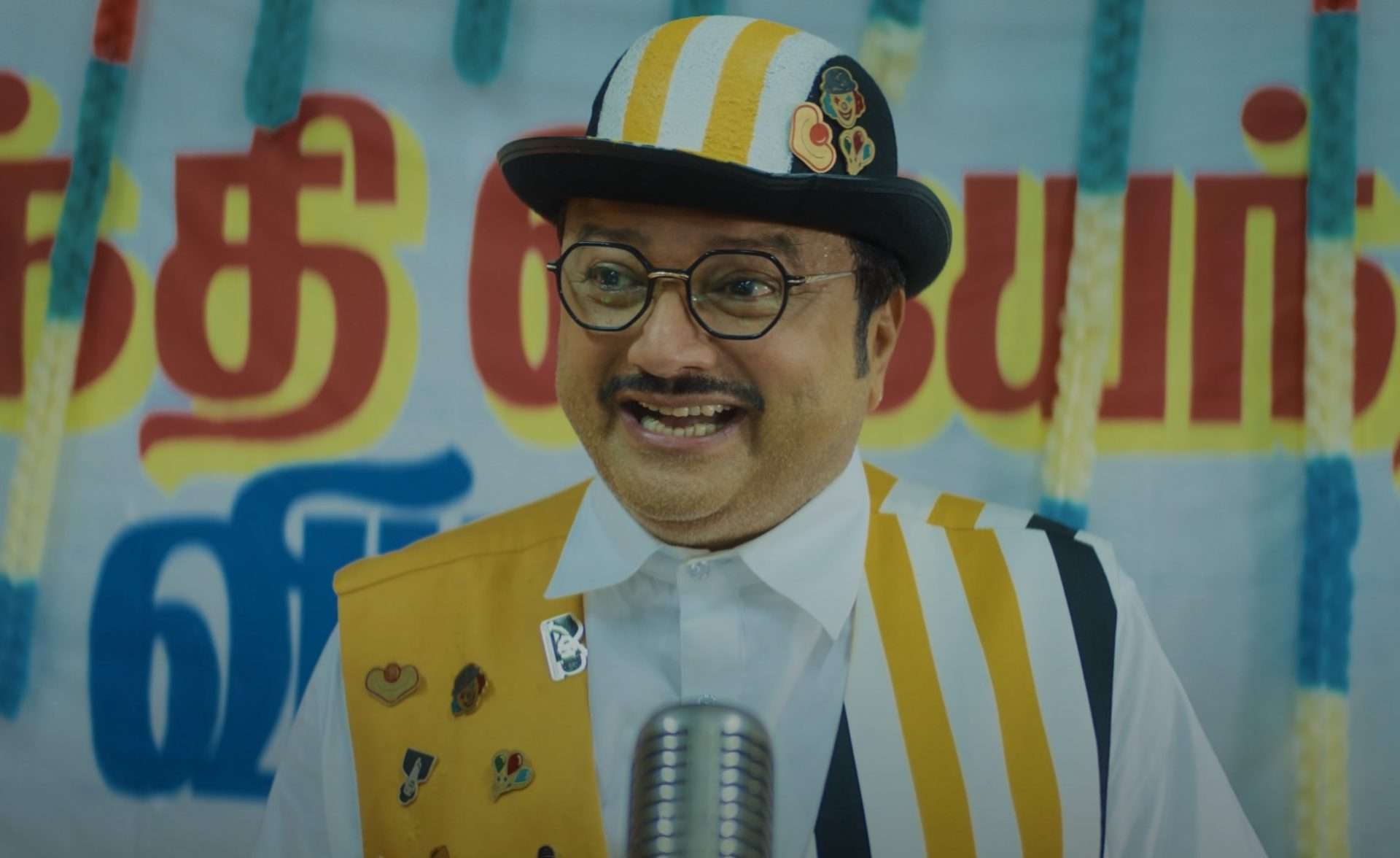
Director Karthik Subbaraj brings his trademark style to the film. Known for Western influences, long takes, and stylized action reminiscent of Korean and American cinema, Subbaraj’s direction is as visually ambitious as ever. The film includes a variety of cinematic nods, from “Mad Max” and “Oldboy” to “Gladiator,” Clint Eastwood’s Westerns, and even classic Tamil musical numbers. While these references offer a sense of richness, they work best for audiences already familiar with the source material. For others, these Easter eggs may feel out of place or overly self-indulgent. The long take used in the opening song was effective and felt fresh.
Visually, the film is a standout. The cinematography features warm blue and yellow hues that give the story a mythic, dreamlike atmosphere. Santhosh Narayanan’s musical score enhances the experience, bringing emotional depth, particularly in scenes between Paari and Rukmini. The composer even appears briefly in a cameo during the wedding scene, a brief moment of levity before the film takes a darker turn, reminiscent of the infamous Red Wedding in “Game of Thrones.”
Despite its strong technical elements, “Retro” falters in balancing its emotional depth and thematic ambitions. While the film sets out to explore the philosophical conflict between love and violence, it never fully commits to either. Paari’s inner turmoil has the potential to be gripping, but his journey is muddled by disjointed flashbacks and an overload of antagonists.
One particularly ambitious but underdeveloped subplot involves the generational enslavement of indigenous people on a remote island following the English invasion of India. While this could have added historical weight, it instead feels disconnected from the central narrative. These distractions cloud the film’s focus and dilute its emotional impact.
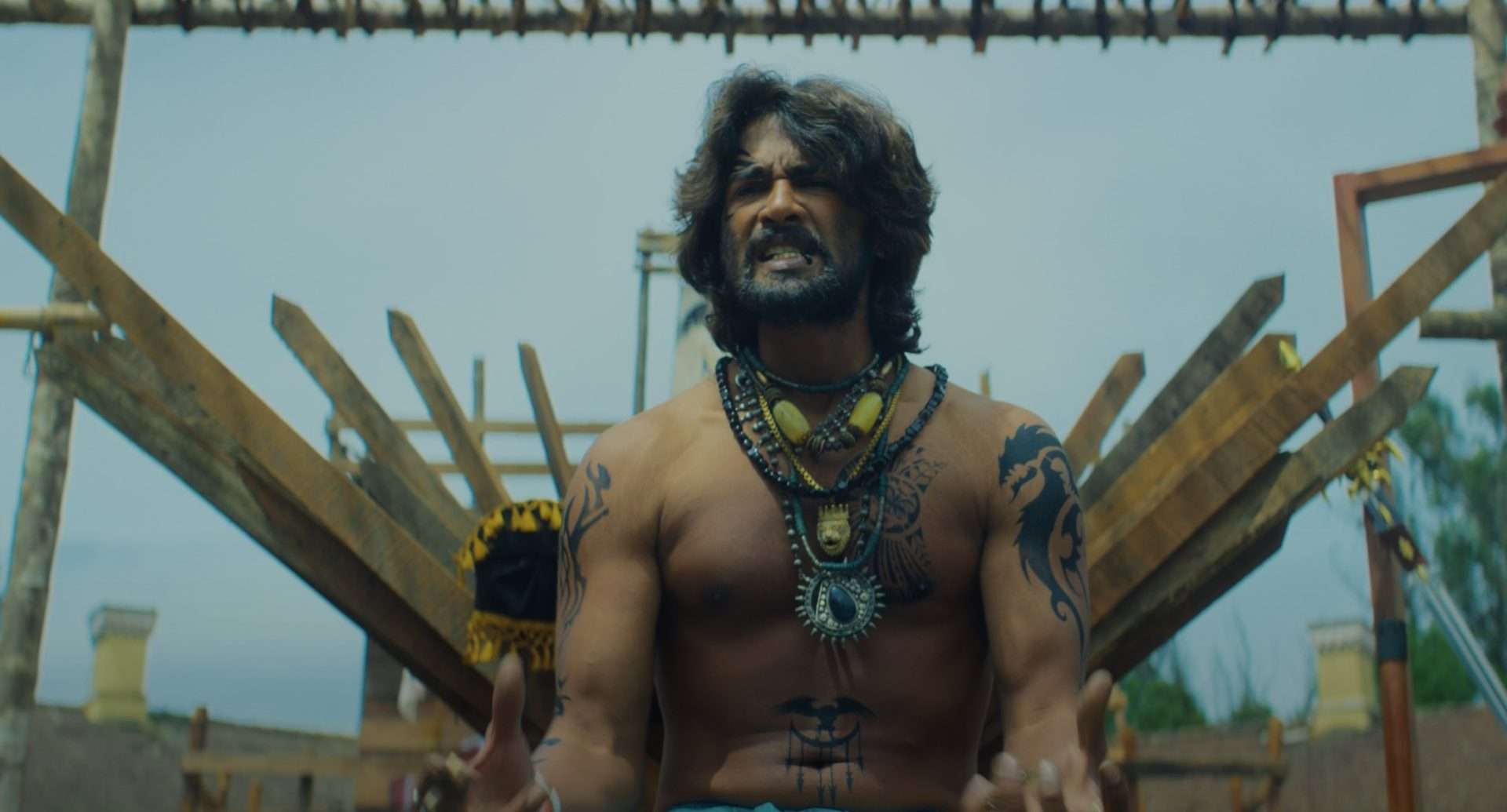
By the time the third chapter, titled “War,” arrives, the film is already stretched thin. The narrative momentum slows, and the emotional intensity that once anchored the first half begins to waver. While this layered screenplay structure was effective in Karthik Subbaraj’s previous film, “Jigarthanda Double X” (2023), a spiritual successor to his acclaimed 2014 feature “Jigarthanda,” it feels less convincing here. What once worked as a bold stylistic choice now appears bloated and overly complex, making it difficult for the audience to stay emotionally invested the whole time.
The mystery surrounding “Goldfish” is revealed in the final moments of the film, but it neither builds suspense nor maintains interest. By the time the reveal arrives, the second half has already lost much of its energy, making it difficult to stay engaged. The moment when Suriya’s character smiles for the first time, it becomes contagious to the audience, but when the whole community laughs, as a means of their weapon towards the authoritarian dictator, it feels drained to us. Although the intention behind the laughter is clear and meaningful, its execution feels awkward and ultimately fails to leave a lasting impact on the audience.
“Retro” is not without merit. Its artistic ambition is evident in every frame, and its technical execution, particularly in terms of visuals and sound design, is commendable. However, ambition alone cannot compensate for too much stuffed and an underdeveloped script. In trying to do too much, the film loses sight of what it wanted for us to experience: a coherent emotional journey.



![Hugo [2011] Review: As Endearing As It Is Frustrating](https://79468c92.delivery.rocketcdn.me/wp-content/uploads/2020/02/hugo-cover-768x432.jpg)
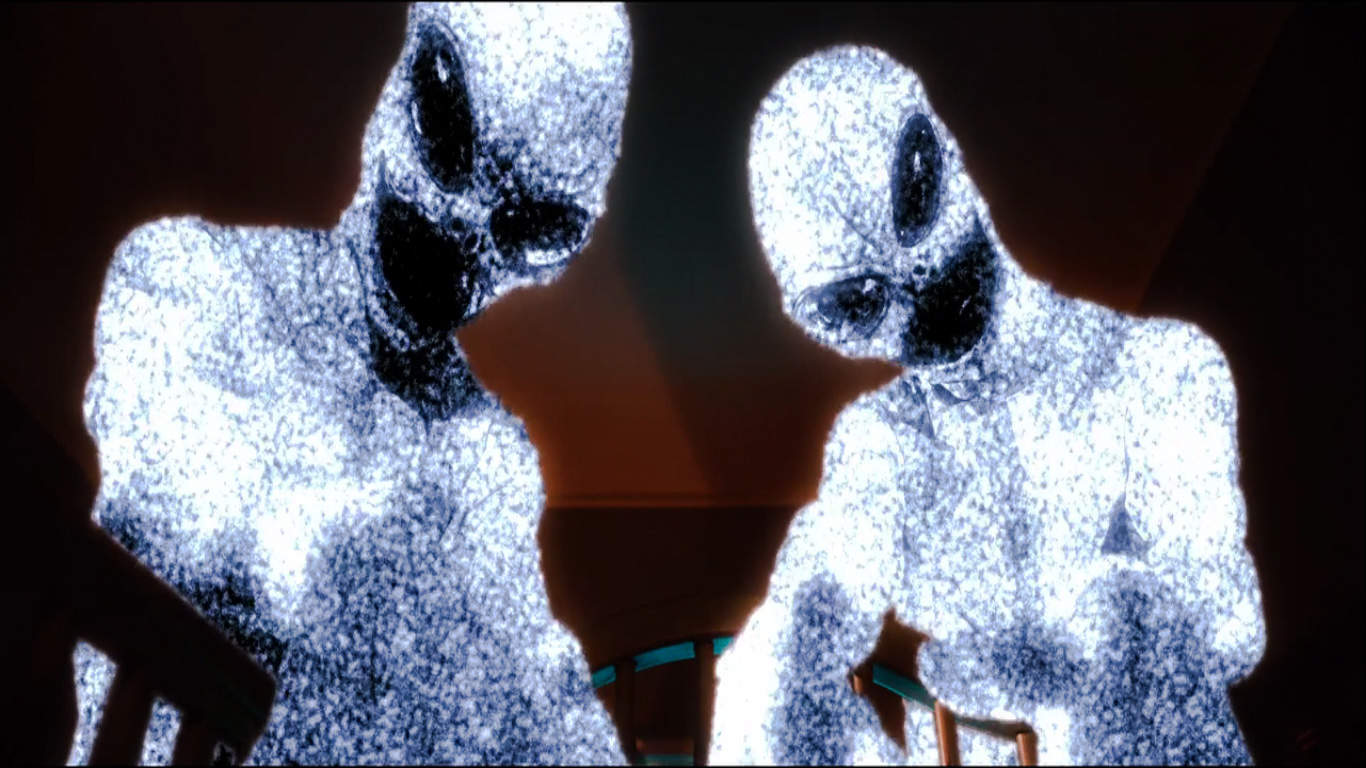
![Happy Face [2019]: ‘BUFF’ Review – A Part-Autobiographical Coming-of-Age Odyssey](https://79468c92.delivery.rocketcdn.me/wp-content/uploads/2019/03/Happy_Face_BUFF_HOF-768x411.jpg)
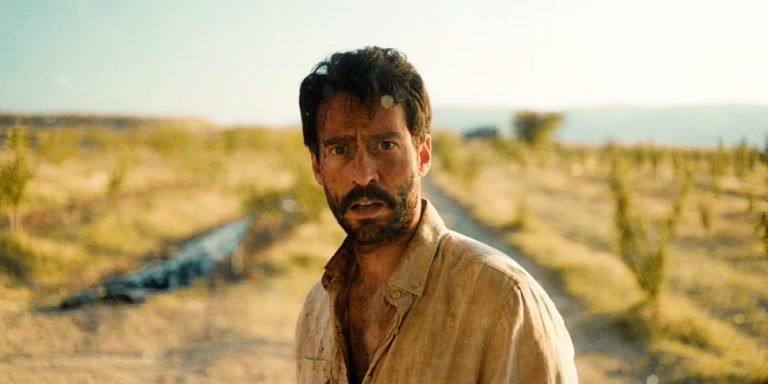
![Inbetween Girl [2022] Review: A Sweet Teenage Drama that Shines Through Predictability](https://79468c92.delivery.rocketcdn.me/wp-content/uploads/2022/05/The-Inbetween-Girl-1-768x405.jpg)
